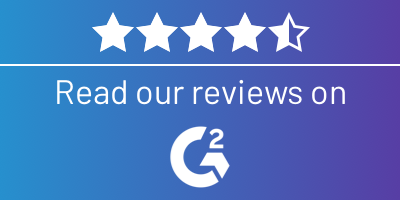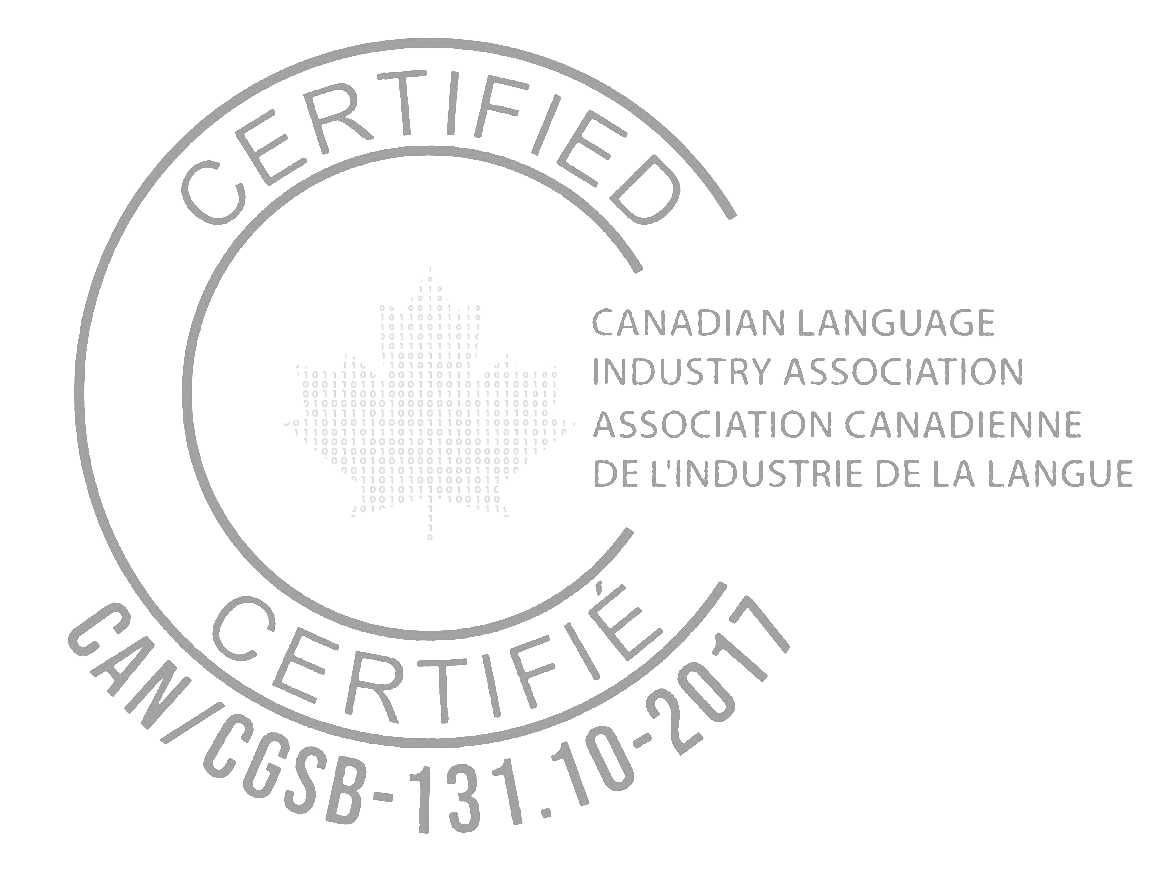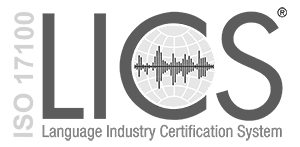Cet article a été initialement rédigé et publié par DENTONS (Jennifer McKay et Samantha Spector).
On May 24, On May 24, 2022 the Québec provincial government adopted Bill 96, An Act respecting French, the official and common language of Québec (Bill 96). In short, Bill 96 is intended to significantly overhaul and strengthen the Charter of the French Language in Québec to further recognize French as the province’s only official language. The Bill seeks to reinforce the use of French language in education, business, services, publications, and daily life. This insight will highlight key impacts Bill 96 may have on trademarks and advertising in Québec.
POTENTIAL IMPACTS ON TRADEMARKS IN QUÉBEC
Currently, in Québec, a “recognized trademark” (meaning a mark that is registered/applied for in Canada, or a common law mark) that is not in French is exempt from translation requirements when displayed, as long as no French version of this mark has been registered. That means, for example, a registered or common law trademark, such as a company logo, can be displayed in English on a product’s packaging sold in Québec without being required to be translated into French.
Bill 96 will significantly change the ability to use non-French trademarks on product labelling/packaging in Québec. Recent amendments to the Bill propose that:
- Bill 96, would modify the current exemption for “recognized trademarks” by allowing only non-French trademarks registered within the meaning of the Trademarks Act (i.e., not common law marks or marks which are the subject matter of pending applications) to benefit from the exemption; and
- If a registered trademark benefitting from the Bill 96 exemption includes a “generic term or description” of the product (the scope of “generic term or description” has not been outlined), the term or description would have to be translated into French elsewhere on the product, with permanent visibility and readability.
POTENTIAL IMPACTS ON ADVERTISING IN QUÉBEC
Currently, Québec’s “recognized trademark” exception, allowing registered and common law marks to be in English (unless there is a French version registered), applies to commercial advertising, public signs, and product packaging/labelling. However, even with this exception, French still has to have a “sufficient presence” when advertising visibly outside a premise. A “sufficient presence” means giving a prominent display to the French accompanying the mark.
Notably, Bill 96 seeks to change the current “sufficient presence” of French standard to a higher standard of a “markedly predominant” presence of French:
- Afin de pouvoir afficher une marque de commerce dans une autre langue que le français dans une publicité commerciale ou de l’affichage public, il faudra que la marque de commerce soit déposée en vertu de la Loi sur les marques de commerce et que la marque n’ait pas de version française correspondante (autrement dit, les marques de common law ne sont plus admissibles).
- Le projet de loi 96 propose que dans l’affichage visible de l’extérieur d’un commerce, le français soit nettement prédominant si la marque est dans une autre langue que le français.
- Bill 96 also proposes that on public signs and posters that are visible from outside a premise, French has to be markedly predominant if the advertising has the enterprise’s name and includes an expression in a language other than French.
CE QUE VOUS DEVEZ RETENIR ET PROCHAINES ÉTAPES
To prepare for the passage of Bill 96, businesses and persons who are using trademarks in Québec in languages other than French should consider registering their marks on the Canadian Trademarks Register. It is important to note that the Canadian Intellectual Property Office may take up to three years to examine a trademark application, and the various amendments regarding trademarks in Bill 96 are supposed to go into force in approximately three years.
If you have any questions about this insight and impact of Bill 96 on your trademark, please contact Jennifer McKay or any member of Dentons Canada’s Intellectual Property group.
If you're looking for a translation service provider with expertise in helping several organizations navigate the nuances of Bill 96, please get in touch with our team at Alexa Translations.
At Alexa Translations, we also provide a blended translation solution that leverages the best of of A.I. and machine learning, along with the subject matter experts from the translations industry.














